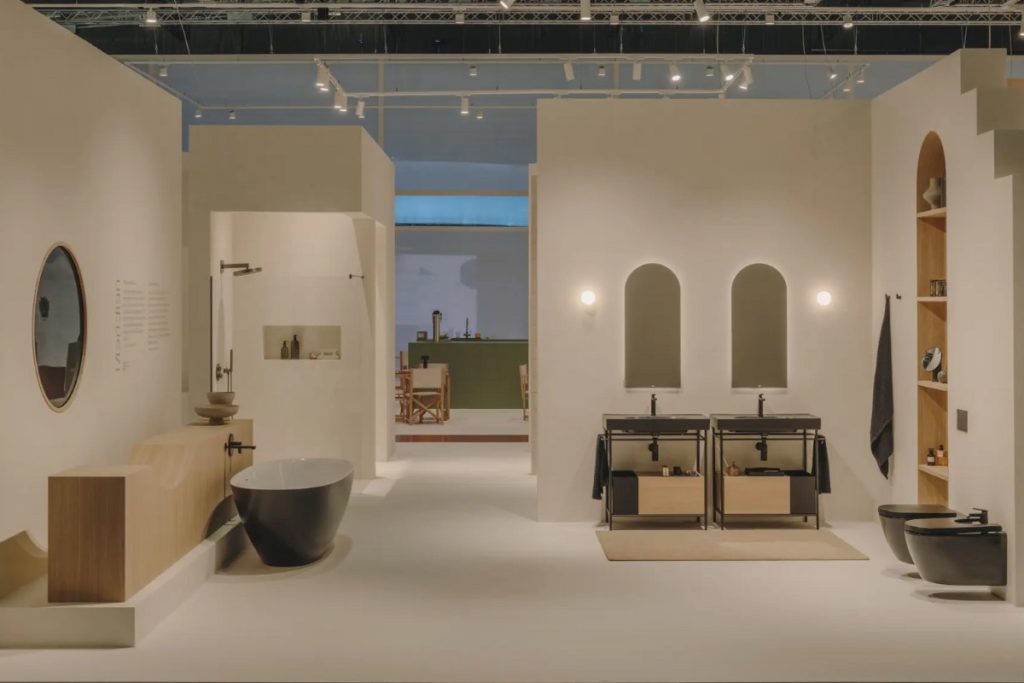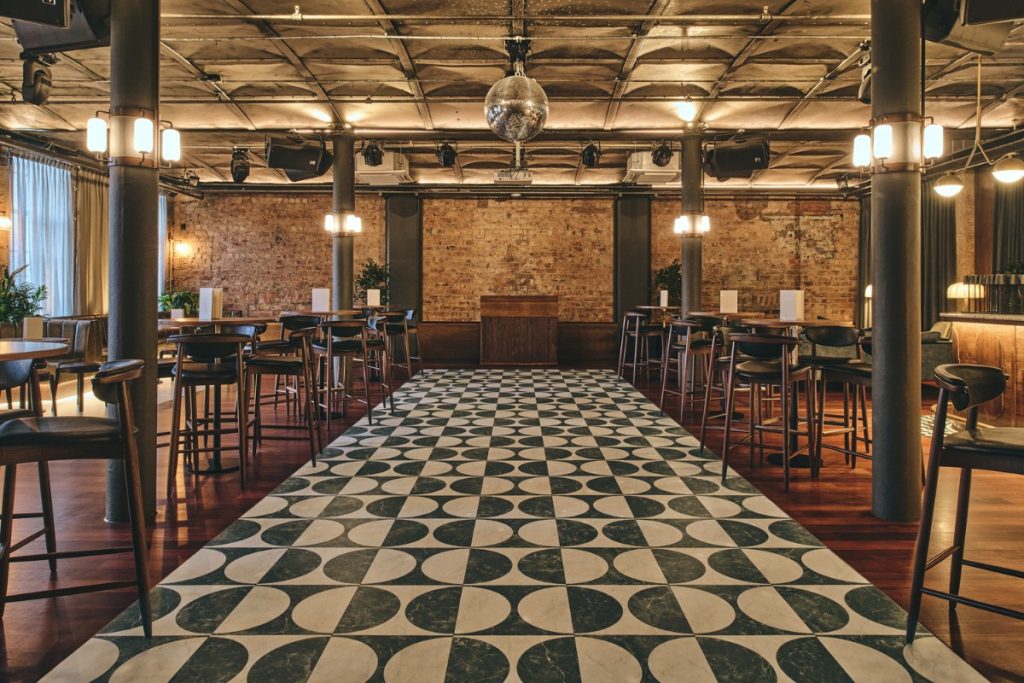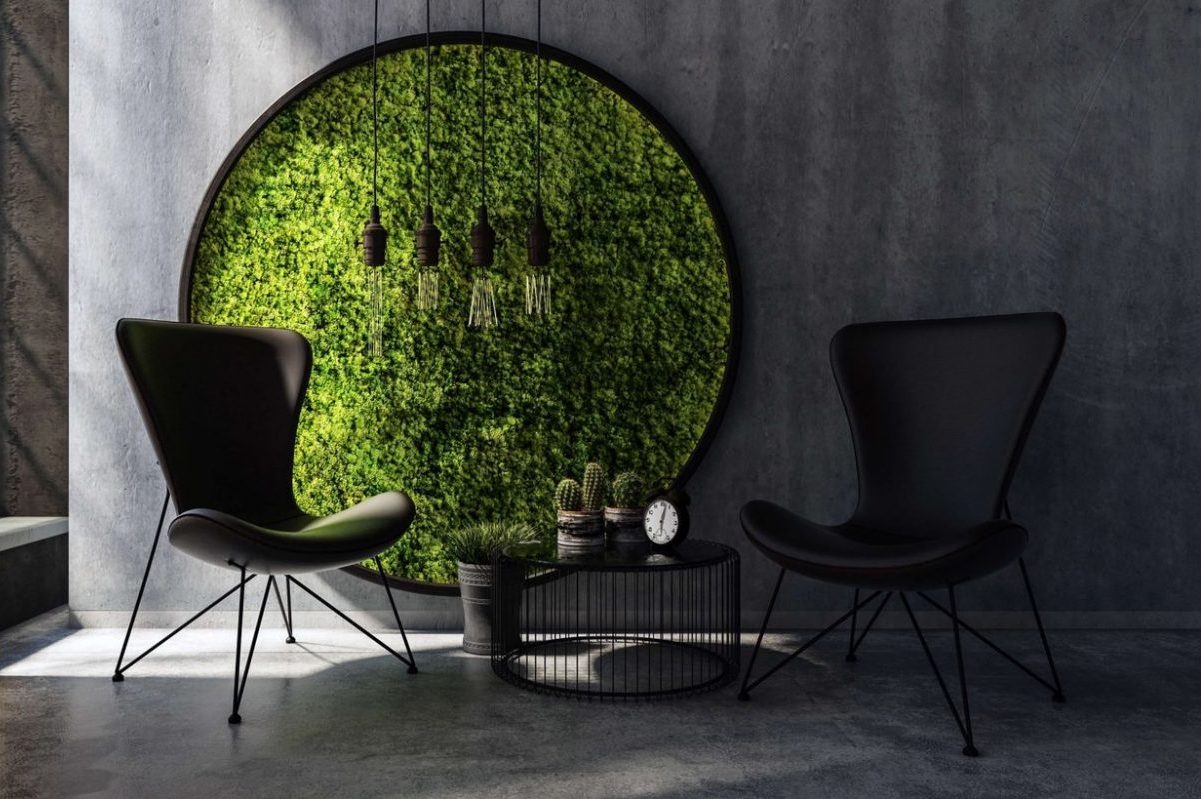 1st June 2021 | IN EXPERT INSIGHT | BY SBID
1st June 2021 | IN EXPERT INSIGHT | BY SBIDWith over 20 years experience applying this intricate ancient wisdom to the modern built environment, Founder of Feng Shui Agency and classically trained Feng Shui master, Sarah McAllister shares her expert insights on applying feng shui principles in interior designs to create authentic wellness spaces.
Classical Feng Shui and its impact on wellbeing
Classical Feng Shui originated in ancient China and is one of the 8 Brocades of Traditional Chinese Medicine – if someone were chronically unwell despite acupuncture or herbal remedies, then the advice of the local Feng Shui master was sought out to see if sick earth chi might be the cause of their malaise.
Fast forward to the 21st century and Feng Shui is once again being acknowledged as a powerful energy medicine and is the perfect complement to the boom in Wellness Architecture and Wellness Real Estate. Wellness design cannot be complete without considering the subtle energies of the land and the built environment that contribute to our overall spiritual, mental and physical wellbeing. While the energetic and intuitive dimension to feng shui creates luminous spaces that FEEL fantastic, there is also a very pragmatic methodology to feng shui recommendations. Each direction has an energetic link to a part of the body and an internal organ so in the case of persistent conditions it is wise to consider if the environment is indeed affecting you.
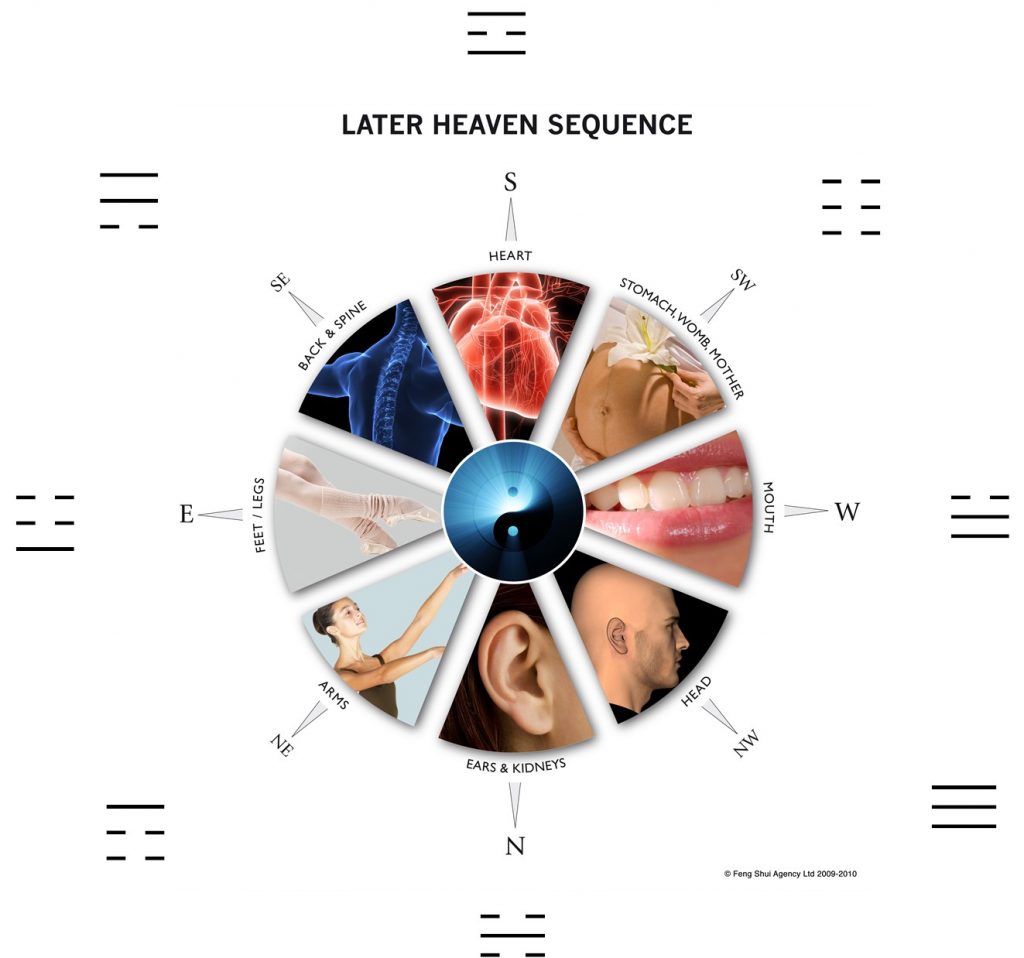
Classical Feng Shui and Interior Design
Some architects say feng shui is just common sense, and while there are very pragmatic aspects of feng shui that can be likened to good ‘ergonomics’ there is a huge amount of robust methodology, which can only be understood when properly trained. Classical Feng Shui has unique time-tested techniques that accurately identify and reduce potential problems. From Form School & Dowsing to advanced Flying Star and Hexagram “Chi-calculations“, 24 Heaven Stars, 8 Mansion, Sam Hap Water and Sang Set methods, there is a technique to assess every type of space from a small apartments to large family homes, whether opulent mansions or the planning of an entire wellness community, spa resort, hotel, hospital or industrial complex – entire cities can be designed with feng shui principles.
Natural Form & Topology
How your home or business property sits in the landscape has a huge influence on how smooth your life or business will be, and whether or not you encounter more than your fair share of obstacles and what the key aspects of your life ‘story’ might be so far. The career and relationship prospects and to a certain extent, the health and finances of occupants can be read and subsequently improved, if there is scope to make modifications.
Even in townhouses with small gardens or apartments with no outdoor space, the influence of feng shui still weaves its chi as all buildings hold the resonance of the orientation – whether N-S or E-W etc. each configuration has a unique feeling and quality of energy. One can argue that it is even more important to implement feng shui measures in city homes, so that they can have as much connection with natural energy as possible within the urban setting.
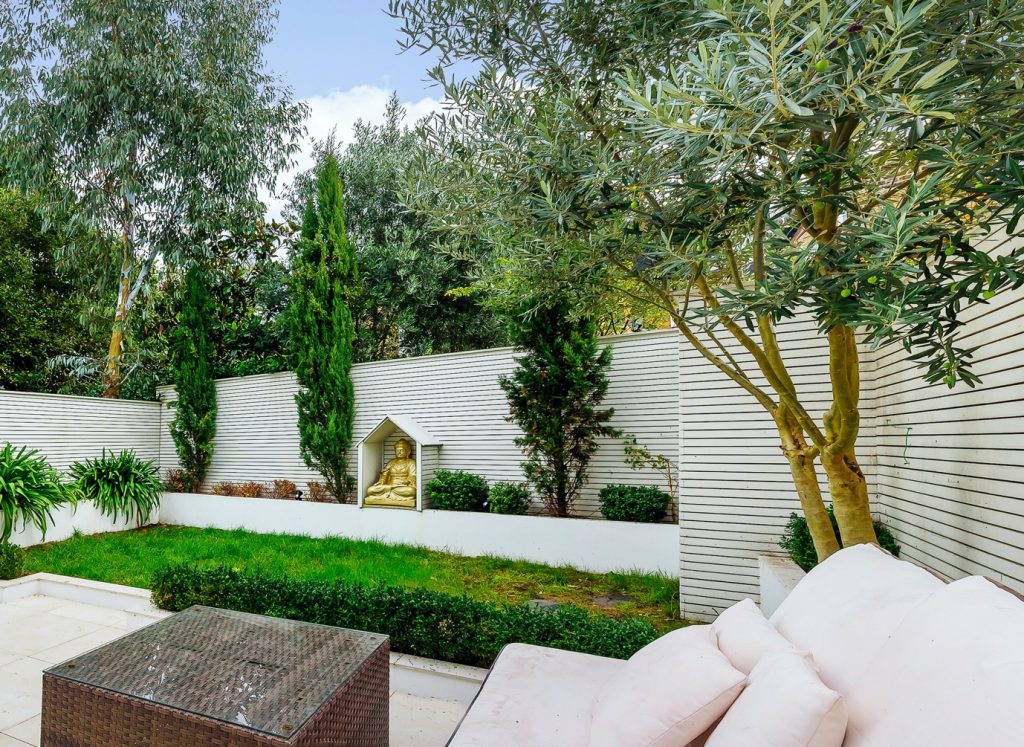
Emotional Health and The Five Elements in Design
It is quite remarkable how powerfully colour influences our moods and emotions and Feng Shui Five Element Theory helps us make wiser choices around design shapes, texture and colour for the best harmony, or whatever experience you wish to create. Not everyone wants harmony and restfulness, especially in an office space – they might want something more dynamic (lime green, striped/bamboo pattern – wood element) or inspirational (reds, purples, geometric – yang fire element). Those seeking a more restful mood will want to use warm blues and wave patterns (water element) or soft pinks, mauves, lavenders (yin fire element). Not only can Feng Shui design help to promote emotional balance, but it also helps occupants to have much deeper sleep, which is a fundamental factor for overall good health.
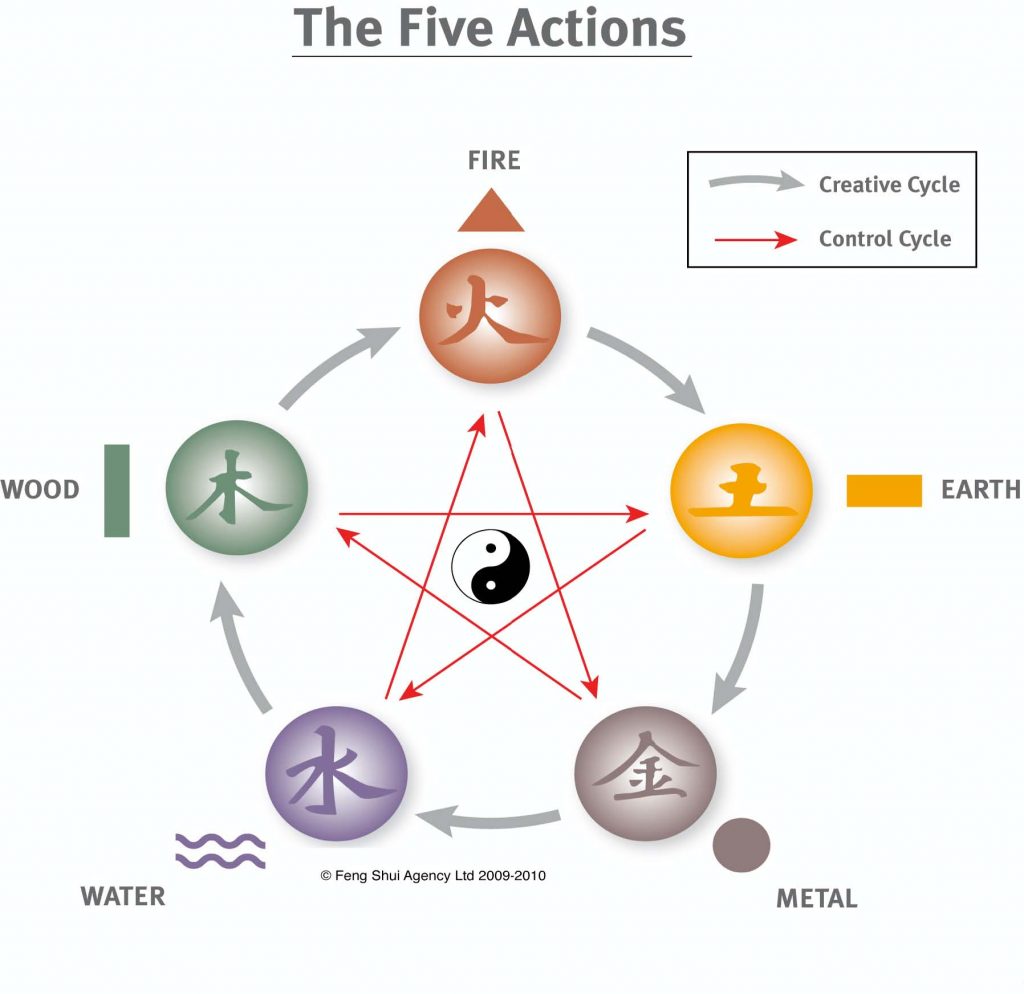
Natural Life-force Energy
Feng Shui is primarily concerned with how to observe, protect and strengthen ‘chi’ or life force energy. Many other wisdom traditions, not just the Chinese, have words describing the animating force of life – in Japan it is known as ‘ki’ , in Ayurvedic tradition it is referred to as ‘prana’, in Cherokee Shamanic traditions ‘the spirit that moves through all things’ and even in the West we have terms such ‘orgone’ (Wilhelm Reich) and the Latin term Genus Loci, meaning ‘spirit of place’ also indicates that space has a spiritual or energetic quality.
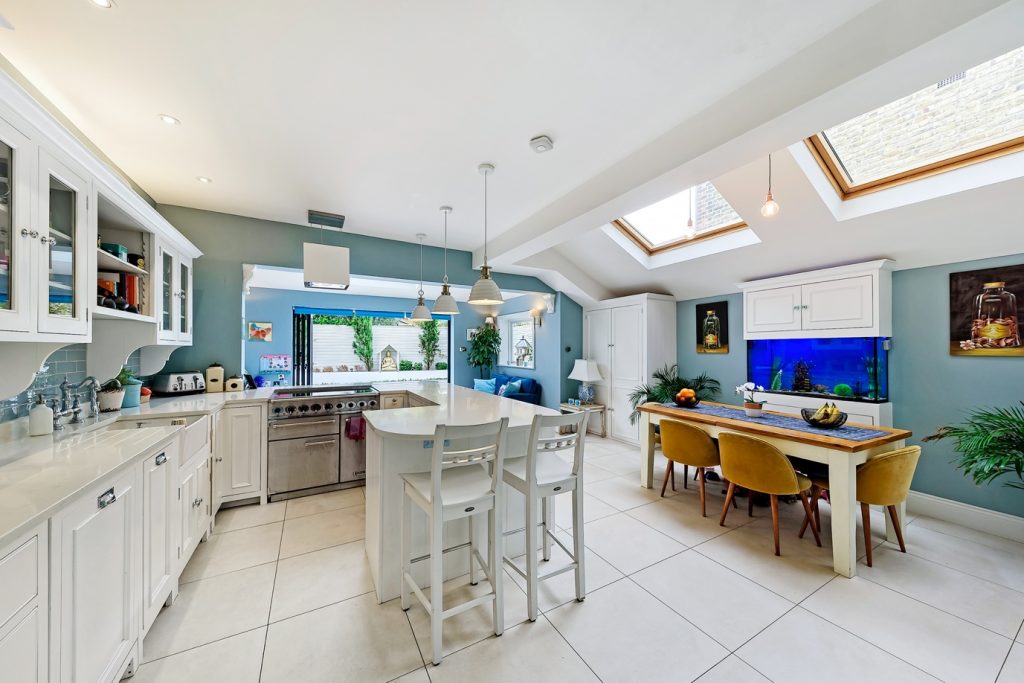
Bespoke Feng Shui Design & Retrofitting Wellness
Even if you didn’t have wellness architecture or feng shui considered in the original design, you can usually retrofit key aspects by removing outdated systems or materials and replacing with much healthier substances and systems for water and air purification for example. Some feng shui cures can be added into an existing property or specific changes made to the landscaping that improves the chi circulation. Colours and interior layouts can be very powerful especially when combined with the unique Chinese astrology of the occupants. At the end of the day, the proof for all this theory is largely qualitative rather than quantitative, and those who are open minded enjoy distinct benefits from implementing principles of Feng Shui.
About the Author
Sarah McAllister is a classically trained Feng Shui master qualified in Environmental Psychology. Sarah sits on the Wellness Architecture Initiative of the Global Wellness Institute. Her love of nature and deep experience of Wilderness Spirit Philosophy helps her create environments with a deep connection to the natural world. Her projects range from residential eco builds and £25m luxury mansions to award-winning urban spas, boutique hotels and wellness resorts.
If you’d like to become SBID Accredited, click here to find out more.
